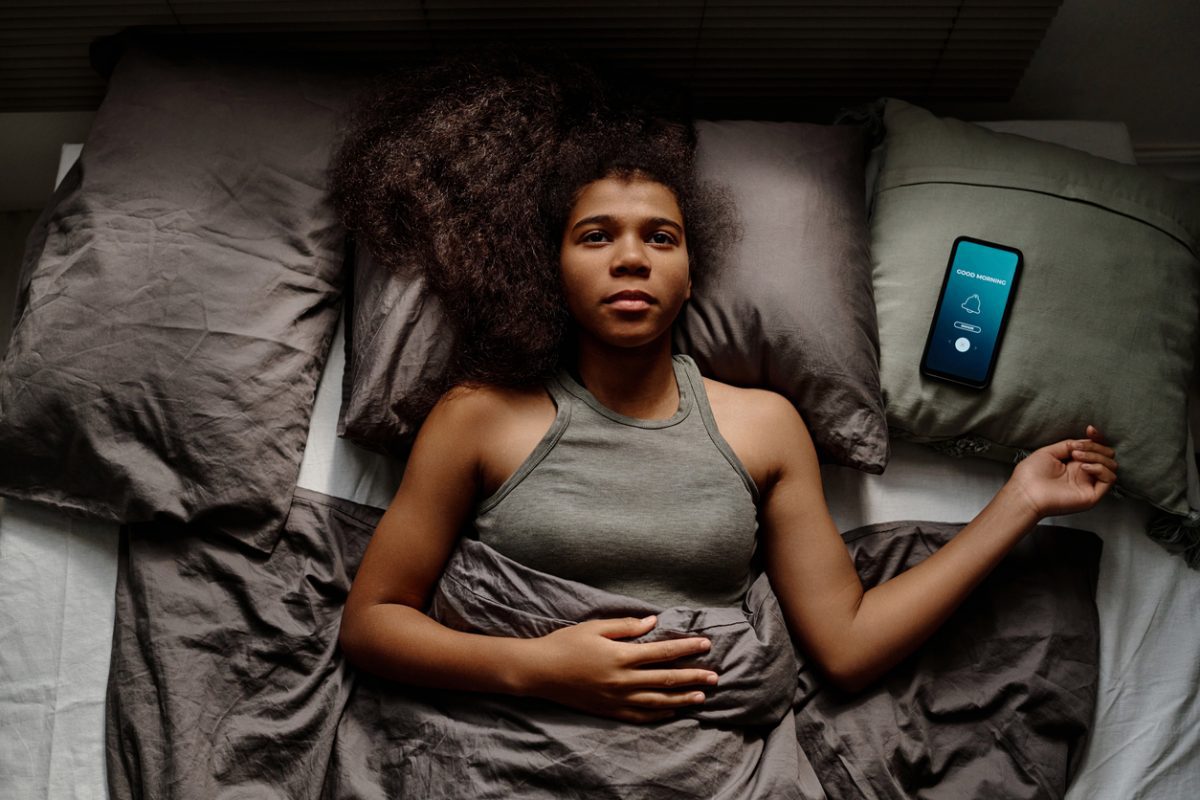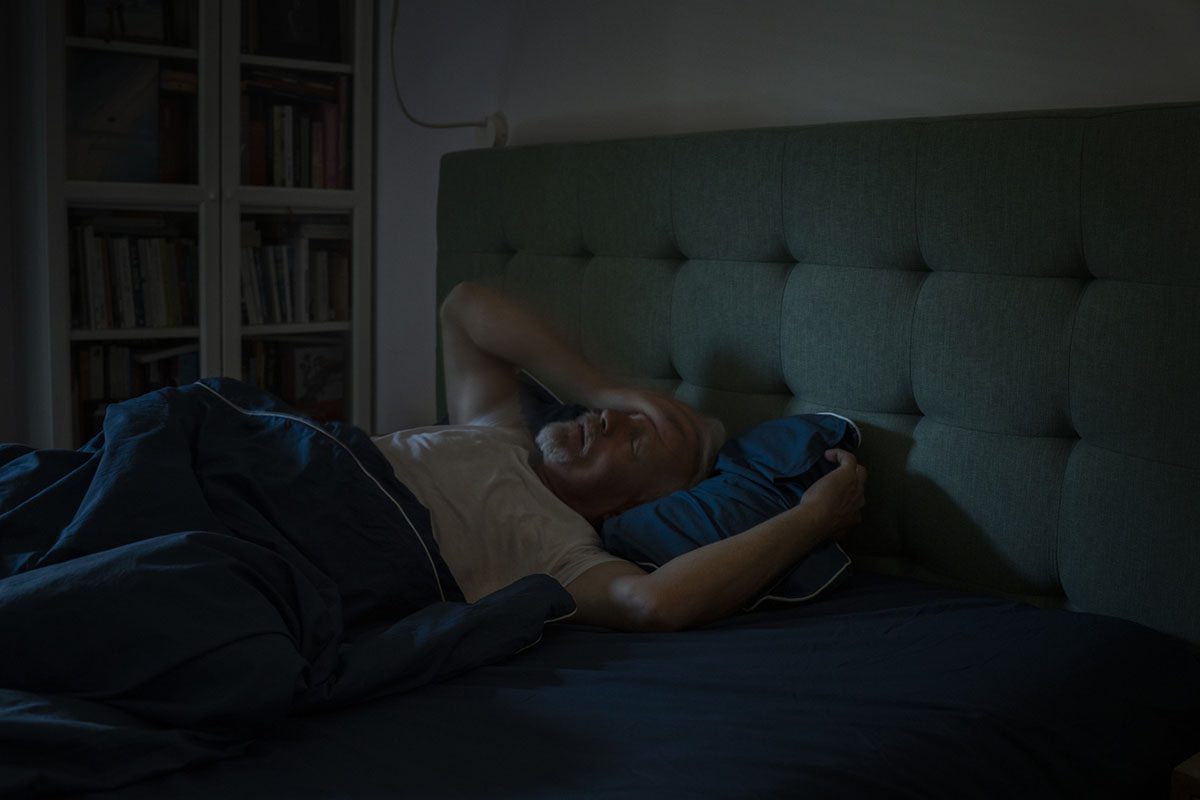Objective: To investigate the effects of the atypical antipsychotic drugs risperidone, olanzapine, quetiapine, and perospirone on the subjective quality of sleep in patients with schizophrenia.
Method: Subjects were 92 inpatients (mean age = 59.9 years) who had been receiving treatment with conventional antipsychotic drugs and who met the DSM-IV criteria for schizophrenia. Subjects were randomly assigned to receive 1 of 4 atypical antipsychotic drugs (olanzapine, perospirone, quetiapine, and risperidone). Subjective sleep quality and psychopathology were assessed twice: at baseline and 8 weeks after switching. Data were collected from June 2001 to December 2001. Subjective sleep quality was assessed by the Pittsburgh Sleep Quality Index (PSQI), and psychopathology was measured by the Positive and Negative Syndrome Scale (PANSS).
Results: Subjective sleep quality as assessed by the PSQI was significantly improved with administration of olanzapine, risperidone, or quetiapine, but not with perospirone, in comparison with conventional antipsychotic drugs. Multiple regression analysis revealed that the improvement of sleep quality with administration of atypical antipsychotic drugs was predicted by poor sleep quality at baseline. In addition, improvement of sleep quality was significantly correlated with improvement of negative symptoms as assessed by the PANSS.
Conclusion: These results demonstrated that atypical antipsychotic drugs improved subjective quality of sleep in patients with schizophrenia compared with conventional antipsychotic drugs, suggesting that the marked potency of serotonin-2 receptor blockade in atypical antipsychotic drugs may be involved in the mechanism of this improvement. These improvements were correlated with improvement of negative symptoms.
Enjoy this premium PDF as part of your membership benefits!





